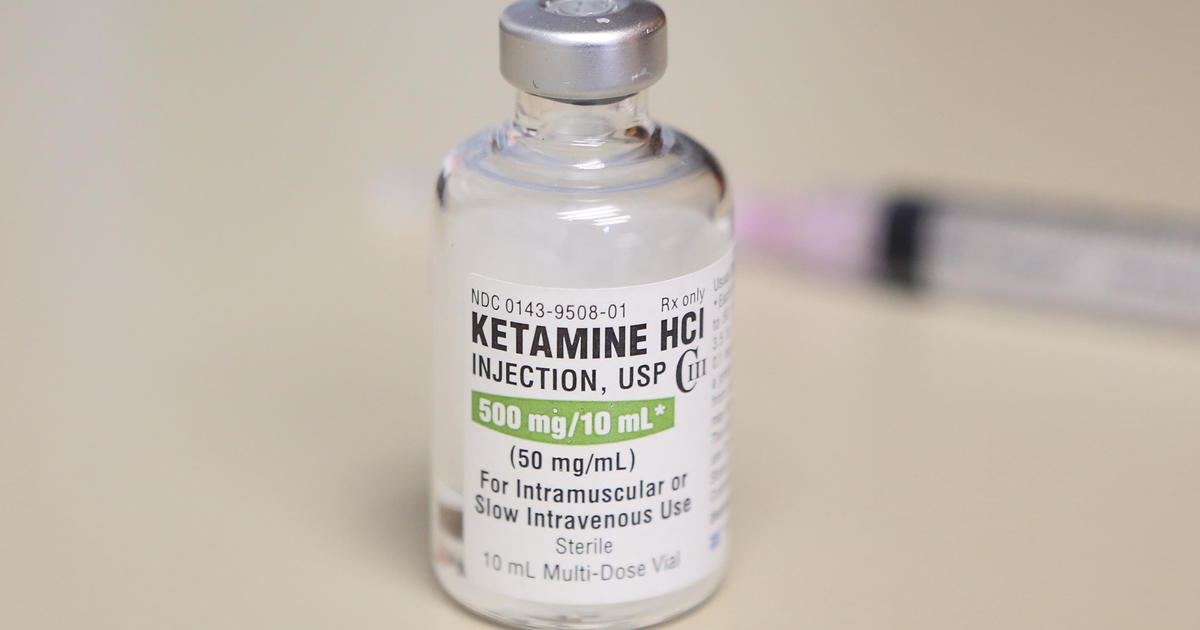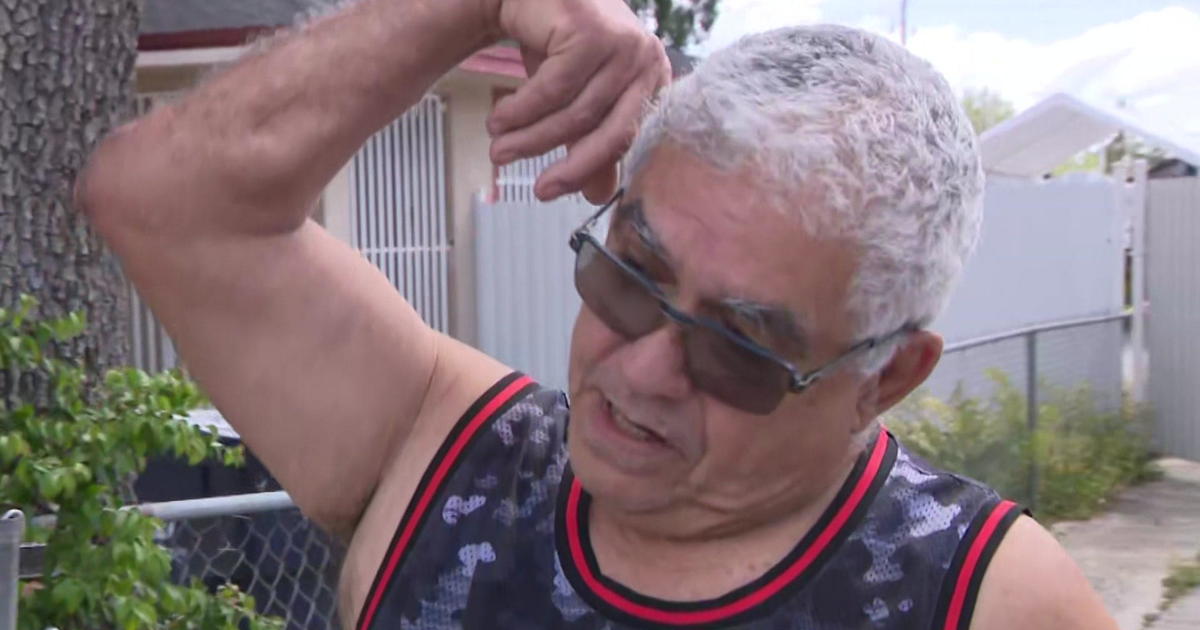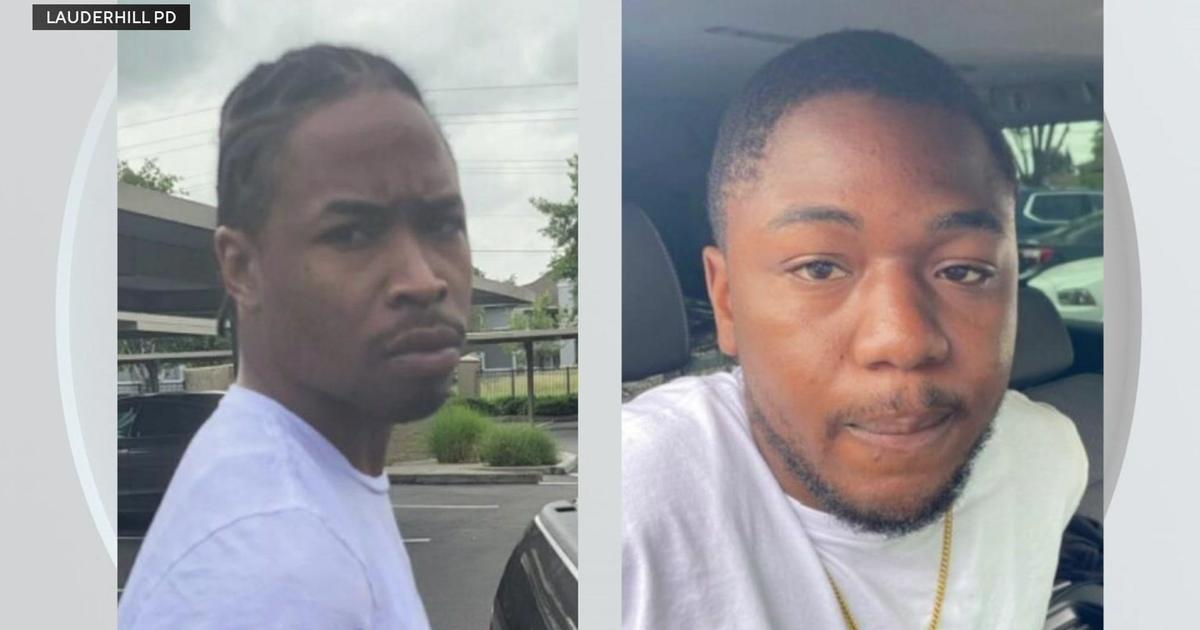State Report: S. Fla. Teen In Juvenile Center 'Neglected To Death'
WEST PALM BEACH (CBSMiami) — For two hours, juvenile detainee Eric Perez cried, screamed, banged on his cell wall, and insisted he heard voices.
But prison guard Terence Davis was convinced that the youth was "faking it."
CBS4 news partner The Miami Herald cites a state report released Friday, in which Davis told a colleague it was not worth the paperwork to send Perez to a hospital.
In a scene hauntingly similar to the death of a teen at the Miami lockup nearly a decade earlier, guards, supervisors and the superintendent of the West Palm Beach juvenile detention center all did nothing for hours while Perez slowly died from a cerebral hemorrhage.
Perez's July 10, 2011, death sent shockwaves through Florida's chronically troubled juvenile justice system: Though administrators had pledged years earlier to "treat every child as if he was your own," detention staff had, once again, neglected a youth to death.
The last day of Perez — who turned 18 while detained at the center, and was scheduled to be released imminently — is detailed in a 48-page report, dated Oct. 16, by the Department of Juvenile Justice's Inspector General. It was released Friday morning. The teen's death sparked the firing of nine employees of the detention center, including the superintendent.
"We have cleaned house," said DJJ spokesman C.J. Drake, "and we are continuing to clean house."
DJJ Secretary Wansley Walters released a statement Friday morning: "On behalf of the Florida Department of Juvenile Justice (DJJ) and all whom we serve, I first wish to say how much I continue to regret the death of Eric Perez in our agency's care on July 10, 2011. I think about Eric every day. I still see his face every day. His death continues to be a very painful memory for this agency. While I hope that Eric's family has found closure, we will continue to improve what we do every day with him in mind."
She added: "I want to emphasize that DJJ will not tolerate conduct that puts kids, employees or the public at risk. We are committed to operating a safe and secure juvenile justice system and will take firm and decisive action against those who do not share that commitment."
The report outlined a series of failures involving lockup staff, including nurse Marcia Clough's decision not to examine the youth when she arrived for duty the morning Perez died; the actions of two guards who engaged in "improper searches and horseplay" with several detainees; and two guards' failure to follow lockup procedures for medical emergencies.
Following Perez's death, Walters said, DJJ made several moves:
• The agency sent orders "via multiple channels to all DJJ employees reiterating the directive to call 911 immediately when a situation appears urgent, or if there is any concern for the health of a youth that cannot be addressed by medical staff on site."
• DJJ administrators met with a variety of juvenile justice "stakeholders" in Palm Beach County — including judges, prosecutors, public defenders, advocates and clergy — to hear their concerns before adopting a reform plan.
• Staff at the West Palm Beach lockup received beefed-up training on the necessity of calling for emergency aid when a youngster is in crisis.
Perez's death was eerily reminiscent of the June 9, 2003, death of Omar Paisley, a 17-year-old Opa-locka youth who wept, retched and moaned for three days while guards and nurses at the Miami-Dade detention center ignored his constant pleas for help. As was the case with Perez, guards accused Omar of faking his illness. He died of a burst appendix.
Friday's report forms a detailed chronology of Perez's final hours:
Surveillance footage of the lockup cafeteria suggests the boy's ordeal began at evening snack-time when two guards appeared to be roughhousing with several youngsters — picking them up off the floor, holding them in the air, "tossing" them and dropping them on the ground.
Cameras show Perez was "frisk" searched three times by two different guards beginning a little before 8 p.m. while in the cafeteria for snacks. Following the third frisk, two officers named Alberto Rios and Darrell Smith began to roughhouse with the youth, hoisting Perez into the air upside down, and then dropping him onto the floor.
The guard on duty in Perez's wing of the lockup, Floyd Powell, first realized something was wrong later that night: Perez was in his cell crying inconsolably, and he was unable to stand up. "Every time youth Perez tried to get up, he would fall," the officer told investigators. Perez, he added, "just kept crying out like something hurt."
Powell called Terence Davis, his supervisor at 1:25 a.m., saying he had a "serious issue." Perez was pacing in his room and appeared to be hallucinating, yelling "Get off of me!" and "I can't hear!"
When Davis removed the teen from his cell, he "stumbled out like he was intoxicated." He told Davis he "wanted the pain in his head to go away."
Guards dragged a mostly limp Perez on a mat to the dayroom, where he fell asleep. But an hour later, he began to vomit from both his nose and mouth. When Davis tried to nudge the teen into a shower, Perez could not stand on his own. Davis said he decided to let the boy sleep it off, and shower in the morning.
Powell told investigators he asked for permission to call for an ambulance — even picking up the phone to dial. "He will be okay," Powell said his boss told him. "It's not life-threatening."
"Some women want to be pregnant and think they are pregnant, so they force themselves to vomit," one guard recalled hearing Davis say, in defense of his argument that Perez was feigning illness.
Davis called the superintendent, Anthony Flowers, at 2:39 a.m. Perez, Davis said, was agitated and yelling "Get him off of me!" Davis said they had successfully calmed the teen down, and placed him in the dayroom floor on a mat so guards could watch him. Flowers told the guard to call the on-call lockup nurse, Diana Heras, but she never answered her phone.
Perez, Powell said, "looked dead" as he lay on the floor moaning and snoring.
In his statement, Powell said Davis told him the superintendent instructed him not to call for help.
In his interview with inspectors, Flowers insisted he never "prohibited or discouraged" staff from calling 911. But officers on the scene said they were told the superintendent had ordered staff not to call for help. Davis also denied instructing other guards not to call for help.
At 7:45 a.m., Davis said he noticed Perez had stopped snoring. He called a "code white" — or medical alert — and hooked the teen up to an automated defibrillator, which reported Perez did not need to be shocked.
Indeed, records show, he was already dead. Paramedics pronounced the youth dead at 8:09 a.m.
Days later, when interviewed by DJJ investigators, a guard named Christian Lewis said he had struggled that night with worries that Perez needed to be in a hospital, despite his boss' efforts to downplay the severity of the youth's condition.
"You want to do something," he said, "but you feel like if you do it, you will get in trouble because you were already told not to do it."



